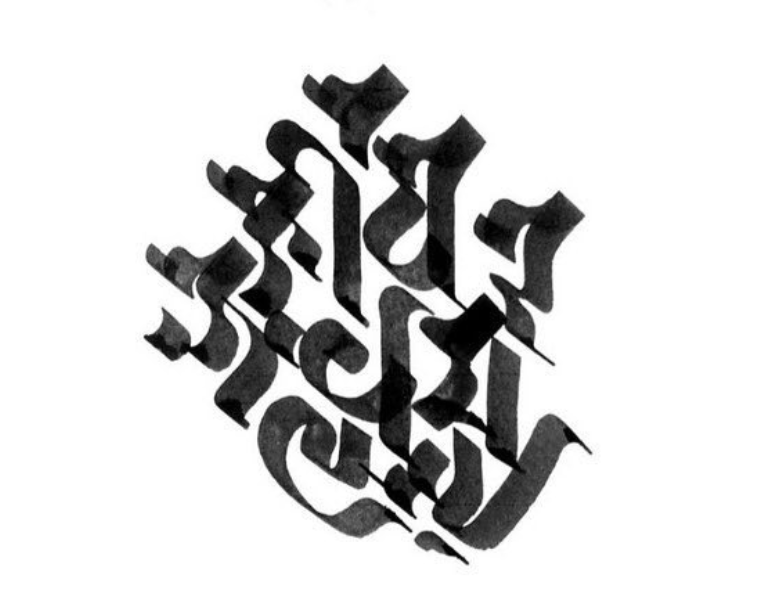Alone with the Alone: Reflections on Ontological Aloneness

“Every creature is born alone and dies alone, and alone one experiences the just rewards of his good and evil deeds.”—Akrura
When we say the soul is ontologically alone in this world, we’re not referring to a set of circumstances leading to distance from people by choice or imposition. Aldous Huxley explains it (ontological aloneness) best:
“We live together, we act on, and react to, one another; but always and in all circumstances we are by ourselves. The martyrs go hand in hand into the arena; they are crucified alone. Embraced, the lovers desperately try to fuse their insulated ecstasies into a single self-transcendence; in vain. By its very nature every embodied spirit is doomed to suffer and enjoy in solitude. Sensations, feelings, insights, fancies—all these are private and, except through symbols and at second hand, incommunicable. We can pool information about experiences, but never the experiences themselves. From family to nation, every human group is a society of island universes.”
There is (for us at least) an impenetrable wall of body and psyche on the other side of which is another soul experiencing heaven and hell alone. “Except through symbols,” ie except through language and art, what concrete tools exist to create an opening in that impenetrable wall for the light of our truth, i.e. our private experiences, to mutually pass?
“Empathy,” you say! Arguably the most powerful of our tools for bridging that abyss-like wall separating else from one another, still falls short because empathy is at best an inference. From Huxley:
“Most island universes are sufficiently like one another to permit of inferential understanding or even of mutual empathy or “feeling into.” Thus, remembering our own bereavements and humiliations, we can condole with others in analogous circumstances, can put ourselves (always, of course, in a slightly Pickwickian sense) in their places. But in certain cases communication between universes is incomplete or even nonexistent.”
What are these peculiar “certain cases?”
“The mind is its own place, and the places inhabited by the [clinically or mystically] insane and the exceptionally gifted are so different from the places where ordinary men and women live, that there is little or no common ground of memory to serve as a basis for understanding or fellow feeling. Words are uttered, but fail to enlighten. The things and events to which the symbols refer belong to mutually exclusive realms of experience.”
This certainly explains why one is told to keep mystical epiphany to one’s self. Such an experience (if it even be believed possible) is categorically and thus so dramatically, almost diametrically, different then any external and internal phenomena available, that one without their own direct-vision (sāksāt-darśana) of such a Reality (or “reality”) would have no basis to empathize. Thus, even in the highest or deepest reach of awareness-potential, we are (ontologically) alone.
The symbolic acts of language and art afore to mentioned are indispensable for human relatedness, lest we be crushed by the weight of such a somber truth. Be that as it may, it is also incumbent upon all to learn and establish an ethic of being “alone with the Alone,” ie being alone with that self-caused Reality, from which all come, upon which all stand, and into which all return in the end; for which there is no second; and to which the mystics and ancestors have called by many Names—God, Mystery, Great Spirit, advaya-jñana Brahman, Paramatma, Bhagavan, Krsna. That impenetrable wall of body and psyche is shared only by our Source, and so alone with the Alone we are and alone with the Alone we must learn to be.

Member discussion